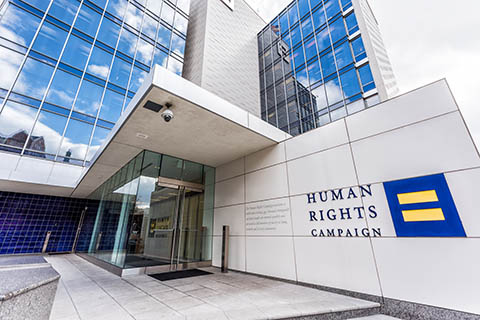This concentration provides a Certificate in Security Management and the MAIA degree. This combined academic offering is designed to prepare administrators to meet multidimensional security challenges in the post-9/11 world. From threats posed by violent human actions to natural disasters and data security, management in times of acute crisis demands a unique array of insights and skills. This concentration is grounded in the academic, theoretical, understanding of security problems and emergency management strategies. It also emphasizes the development of the practitioner’s arts within the strategic, tactical, and operational realms of security administration. The concentration in Security Management includes summer courses and can be completed in one calendar year.





